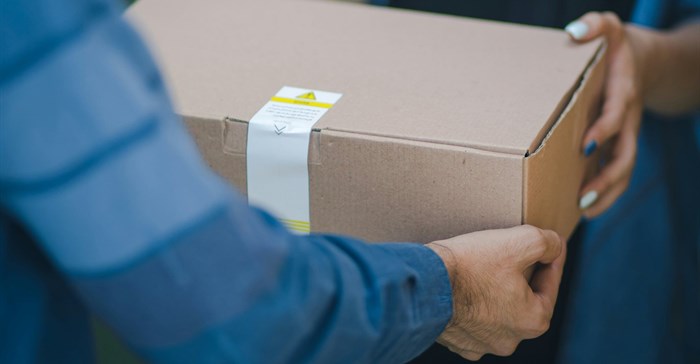Top stories




Marketing & MediaThe New Generation Awards announces WesBank as its official headline naming sponsor
Lavello Marketing Solutions 1 day


More news






Energy & Mining
Schneider Electric launches first Innovation Hub in Africa












In 2023 the company delivered goods to members using its Prime service at faster-than-ever speeds globally, with seven billion items arriving either on the same or the next day.
These are staggering numbers, but they could never have come about without a highly focused strategy.
Warehouses are established in optimal locations, sophisticated technology tracks and improves delivery routes, inventory management is next-level, communication with customers is exemplary and forecasting to anticipate customer demand is sublime.
Of course, Amazon is a trillion-dollar company and realistically smaller online businesses simply do not have the resources to compete at this level. That is not to say that lessons can’t be learnt.
Jaco Roux, head of product at South African e-commerce ecosystem Bob Group, says it is important for local online merchants to look at their own circumstances and then devise strategies that work within them.
“To begin with, stock availability is fundamental. If an item is readily available to be picked and packed, it will ensure the order processing is completed on time,” Roux says.
“Handling time, which includes the preparation and packaging of the item, directly affects how quickly a product can be dispatched. Additionally, delivery time, which depends on the distance between the warehouse and the customer's location, as well as the courier's efficiency, are significant factors. All these elements must be efficiently managed to meet customer expectations for prompt delivery.”
Challenges in meeting delivery time expectations almost always hark back to stock availability, handling times and delivery times, he says.
Accordingly, online retailers must choose reputable courier companies that adhere to their service level agreements, ensuring reliability and timeliness. They should also continuously monitor stock levels and handling processes.
Roux says online retail stores and marketplaces typically prioritise their delivery services in densely populated urban areas with a high demand for speedy delivery. This strategic focus allows them to optimise logistics routes and maintain frequent delivery schedules, significantly reducing delivery times.
“In addition, these retailers often have warehousing or distribution centres located near these urban centres to further minimise transit times. This prioritisation not only enhances customer satisfaction by meeting expectations for rapid delivery but also allows online retailers to operate more efficiently. “However, it can impact delivery times in rural or less densely populated areas, where delivery might be less frequent or involve longer routes.”
The rise of shipping platforms like Bob Go in South Africa is helping smaller online businesses streamline order fulfilment and utilise various couriers without the need to invest substantial sums of money and resources.
Anita Erasmus, Bob Group’s head of business, says a well-delivered service is defined by whether merchants succeed in matching the expectations they have created.
“It is thus important for merchants to make sure they communicate to their customers what the expectations are; for example, when delivery can be expected. They need to also actively communicate if the expectation cannot be met for some or other reason,” she says.
She adds that it is helpful for merchants to look at expectations from the customer’s perspective to optimise their service offerings.
To conclude, while big-name online retailers like Amazon have raised the bar for delivery speed, smaller businesses can optimise their logistics strategies to meet customer expectations by focusing on stock availability, handling times, and choosing reliable courier partners.

